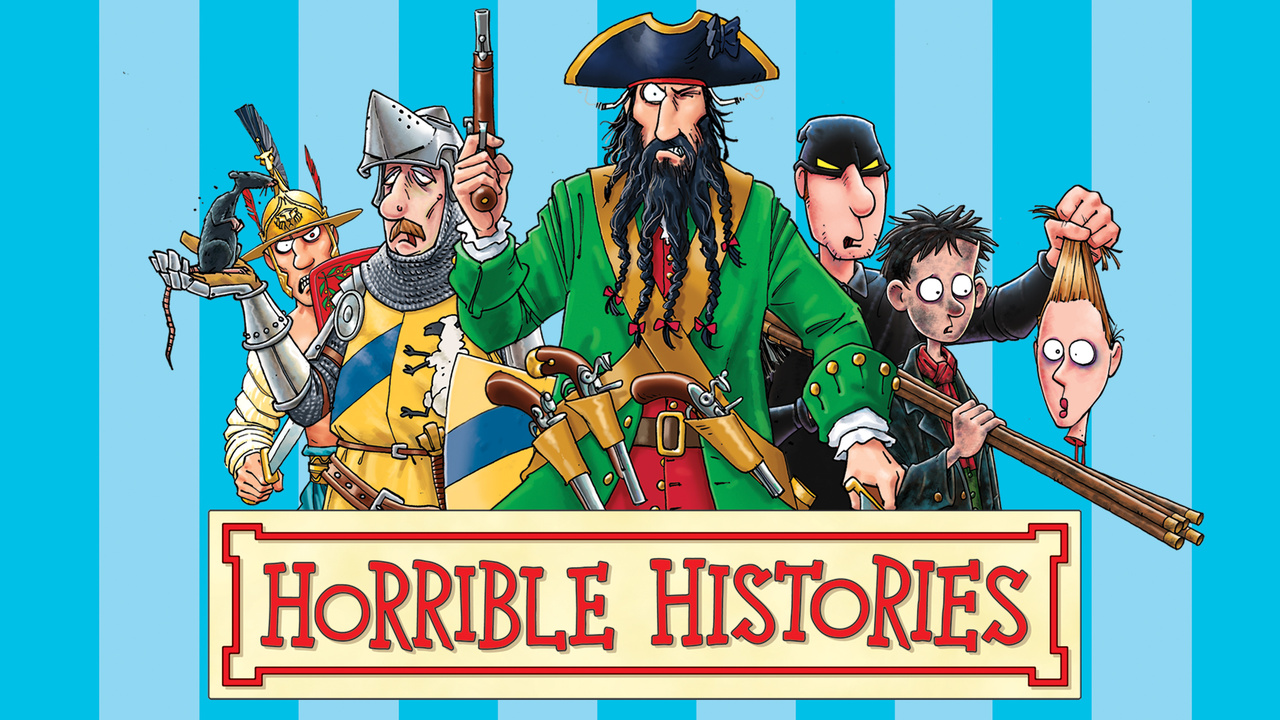Pentiment is a novel game willing to teach you a lesson
Obsidian’s latest is a divisive, unique journey through time that is also worth yours

Sign up for breaking news, reviews, opinion, top tech deals, and more.
You are now subscribed
Your newsletter sign-up was successful
Pentiment, the latest narrative adventure RPG from developer Obsidian Entertainment, has made its anticipated debut exclusively to Xbox and PC, releasing to a generally positive critical response. For many gamers at home, however, the new release has earned notably less acclaim.
This is partially due to challenges posed by Pentiment’s novel concept, as players are sent back in time to 16th century Bavaria to play their part in solving a murder mystery – all in the art style of medieval manuscript, woodcuts and tapestries. Pentiment offers more than this murder mystery element, however. In the process of navigating the game’s setting to uncover clues for this core mystery, players experience a stylishly immersive game world brimming with facts, folklore and tidbits to make every encounter unique.
The art style of Pentiment is what appears to be the primary sticking point for many of the game’s less favourable critics, with negative reviews comparing the game’s appearance to that of a CD-ROM game found at the bottom of cereal boxes in the 1990s. Evidently it seems that these reviewers have forgotten exactly what these older CD-ROM games really looked like, as Pentiment’s art is both gorgeous and presented with vibrant clarity – and more importantly has purpose.
Yet, for all that can be said of the game’s style, good or bad, it’s the substance of Pentiment that allows it to stand out. As would be expected from the development team behind Fallout: New Vegas, Pillars of Eternity and Outer Worlds, the story and dialogue of Pentiment almost immediately capture the attention and fail to let up.
Still, what is best of all about Pentiment belongs to the history driving the heart of the title, a history Pentiment intelligently casts as though a character all its own.
This history begins with the art style, which accurately depicts medieval art styles as much as possible, but extends much further throughout Pentiment’s game world. The game’s soundtrack is historically inspired, also seeking to adhere to historical accuracy, while playthroughs will find you encountering similarly historically accurate references and tidbits which history buffs in particular will love.
The main story of Pentiment is obviously a fictional one, but a fictional story that nonetheless offers no shortage of opportunities to learn very real history lessons. There have been other games throughout gaming history to have attempted this same feat, but very few have ever managed to accomplish doing so in the way that Pentiment does.
Sign up for breaking news, reviews, opinion, top tech deals, and more.
Neither willing to dumb itself down for its audience or overexaggerate its own self-importance, Pentiment tells its story and offers its history lessons in ways that are nothing short of intelligent. And also, on reflection, quite familiar.
Horrible history?

First debuting in 1993 with the release of books The Terrible Tudors and The Awesome Egyptians, the Horrible Histories franchise grew to release over 60 books, multiple television series, films, games and even theatre shows. The franchise was popular due to its ability to balance humor and heart, while informing its audience about very real historical events. It managed all this without speaking down to its audience, a feat enhancing its appeal to wider audiences.
This is what Pentiment also manages to achieve. Every video game has a learning curve, tasking you with learning the controls, learning the characters and their relationships, learning the game world and more. But it is a much rarer video game that is willing to encourage players to learn about the real world in a way that is passionate and accessible without faltering over the hurdle of its own ego.
Playing through Pentiment, what rapidly becomes obvious is the passion that its team of developers have devoted to learning the history the game is both set in and seeks to tell.
In the case of the game’s art style, for example, Obsidian director Josh Sawyer (himself holding a degree in history) led his team to consult authentic medieval manuscripts and experts on these medieval manuscripts in order to achieve the gorgeous, informed art throughout Pentiment.
Sawyer also demonstrated this passion when he offered a look at the catalogue of academic texts that were drawn on as references for Pentiment.
Some of the other physical books I referenced for Pentiment (not all of them but probably 3/4 of them) if you are interested. pic.twitter.com/V8stfISuJRNovember 11, 2022
“When I got in the game industry, I was like, you know, I would really like to make a historical game,” offers Sawyer in a recently released glimpse of Pentiment behind the scenes. “If I'm really focusing on telling a story more than mechanics, the weirdest fiction we can come up with in some cases just doesn't hold a candle to the weird stuff that's actually happened in history.”
Pentiment certainly offers its share of “weird stuff” and moments of obscurity, but balances this with venturing into other sources of narrative value hidden away in the history books, much like the Horrible Histories franchise did so well for decades. Questions about life and death through the eyes of Pentiment’s 16th century cast are contemplated, idiosyncrasies specific to the game’s geographical and historical setting are explored, and at times Pentiment even demonstrates a willingness to not shy away from the general mundanity of daily life when it needs to.
“It's definitely fulfilling the dream I had of making something historical,” Sawyer wrote in a Tumblr post in August.
The result of Sawyer’s dream and Obsidian’s dedication and creativity is a unique and generally rewarding journey through history and time, even if it may not appeal to everyone. Games so rarely offer the kind of value that Pentiment does, and for this alone the game is well worth a playthrough (or two).

James is a senior journalist with the TechRadar Australia team, covering news, analysis and reviews in the worlds of tech and the web with a particular focus on smartphones, TVs and home entertainment, AR/VR, gaming and digital behaviour trends. He has worked for over six years in broadcast, digital and print journalism in Australia and also spent time as a nationally recognised academic specialising in social and digital behaviour trends. In his spare time, he can typically be found bouncing between one of a number of gaming platforms or watching anything horror.